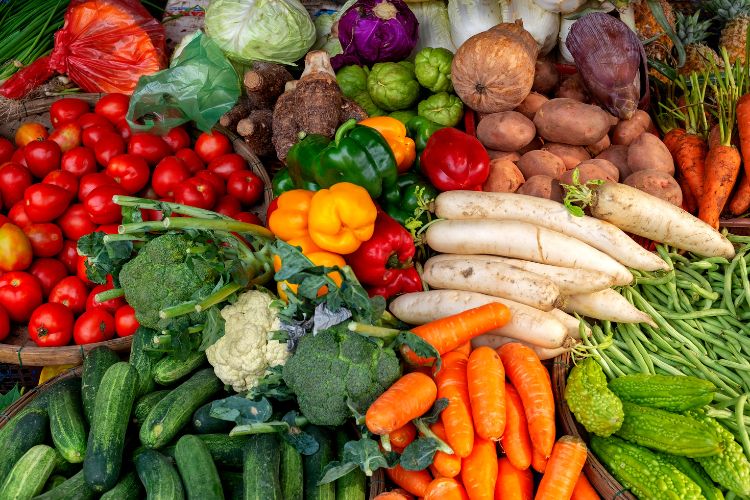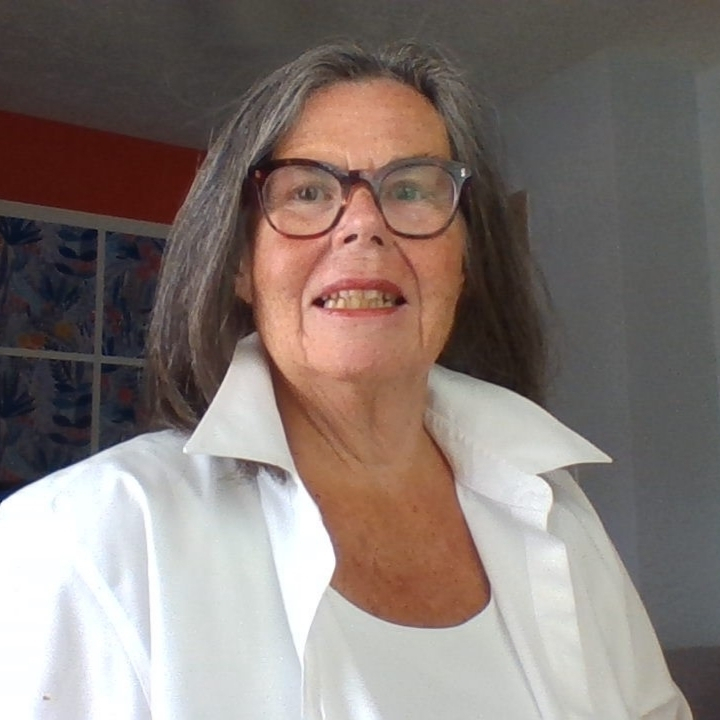It’s the beginning of a new year and it’s a good point to check in on those changes you set out to make for this year.
There’s one camp ignoring the opportunity to set an intention for the new year out of frustrations over all the past failures. There’s another camp setting the same intentions year after year because they haven’t quite figured out how to make progress.
There’s also the camp of individuals setting new intentions every year and end the year with success for more of them than not.
I relate more to the first two points of view — trying to figure out all the ingredients to a successful behavior change or new creation.
As a point of clarity, when I refer to a behavior change, I’m talking about a habit I want to eliminate or one I want to add.
A piece of art or a book is a new creation. An organized closet is another example of a creation. You get the idea. Creating something that doesn’t exist today and I want to pursue this year.
I have been studying a lot of books on habits and procrastination.
First, there’s a fair amount of research to suggest that not succeeding with these annual attempts is because we are weak willed. It turns out that sort of white knuckled approach to forcing ourselves to do something only works for a while — often a very short while.
Willpower is working against your own brain.
You will work against your own brain with willpower. Your brain likes things to stay the same. When everything stays the same, your brain feels safer. Even when you want to make a change for your own good, a part of your brain feels threatened.
The moral of that story is don’t beat yourself up when you haven’t succeeded yet if you only relied on willpower.
This can be true even if you’ve crossed the 21 day mark you’ve read about for internalizing a new habit. How can that be? Again, there’s nothing wrong with you.
If you’re not eating vegetables, consider how long you’ve avoided vegetables. What’s your earliest memory of vegetables? For many, those memories stem from childhood. At that point, you or someone close to you taught you vegetables aren’t safe. And when we’re young, things that taste bad to us, like vegetables, seem unsafe to our brains.
Your brain has stored that as a reason for decades. Replacing the old habit of avoiding vegetables may take more than 21 days.
It makes perfect sense to me when I look at it that way. It’s easy to believe there’s nothing wrong with me.
Your brain has upwards of 60,000 thoughts a day, but you don’t know it. Of those 60,000 thoughts, thousands are decisions your brain makes to keep you safe and happy with enough energy to run fast when encountering a threat.
Every behavior we want to change becomes easier if we can become more aware of all the decision points that go into taking the desired action. Your brain is making decisions all the time as we move through our day. We always tell ourselves we want to do or not do something. Focus on the micro decisions that happen along the way from intention to result.
Your intention is to include more vegetables in your diet. How does your brain, the primitive habit/autopilot part of your brain, react to the idea of eating more vegetables?
The idea of eating more vegetables is vague. Your brain may say sure and interpret it as eating one more serving of french fries this year.
What are the vegetables you want to eat more of? You need to actually decide which vegetables you’re going to include.
Does eating more french fries satisfy your intention? Your brain is likely to resist making a list with the reassuring thought that you already know what qualifies as a vegetable. Humor me, take a few minutes to actually write out a list of vegetables you want to eat.
You’ve decided about which vegetables, now what does “more vegetables” mean? Again, your primitive brain will default to thinking one more serving this year will satisfy the intention. The brain is saying just choke down one serving of Brussel sprouts. After that, you can go back to eating the way you’re comfortable with.
There’s nothing wrong with you.
The decisions about which vegetable you want to eat more often, how much and how often are all made in what’s called the prefrontal cortex of your brain. And you might think if you decide once with the part of your brain responsible for decision making that the rest of your brain and body will follow.
Alas, that’s not the way it works. Your primitive brain will use your existing habits to override those decisions until you’ve practiced often enough to create a new habit.
Evolving from being a person who has a habit of not eating vegetables to becoming a person who eats vegetables regularly will make you feel discomfort. You are making a change and your primitive brain doesn’t like change.
Without realizing it, somewhere in the past you made a commitment to not eat vegetables. The prior commitment to not eating vegetables you are not aware of is pushing back against your new decision to eat more vegetables. You’re holding two contradictory thoughts at the same time. That’s the source of your discomfort.
There’s nothing wrong with you. It’s just how our brains work.
When the habit of eating more vegetables is what you want, don’t stop just because you have a few days of only eating french fries. When you failed, what were the circumstances or thoughts that got in your way?
As long as it takes, keep going.
Make a plan for how to handle the situation the next time. Keep eating more vegetables until you’ve chosen to eat vegetables more often than not.
If eating vegetables is what you want, don’t stop moving towards that behavior when you hear yourself saying, “See, we can’t do this. See, this is too hard.”
I’ve used eating vegetables as an example. The practice can apply to anything you want to change or create. This is how our brain works when there’s anything we want to change. As long as it takes, keep going.



